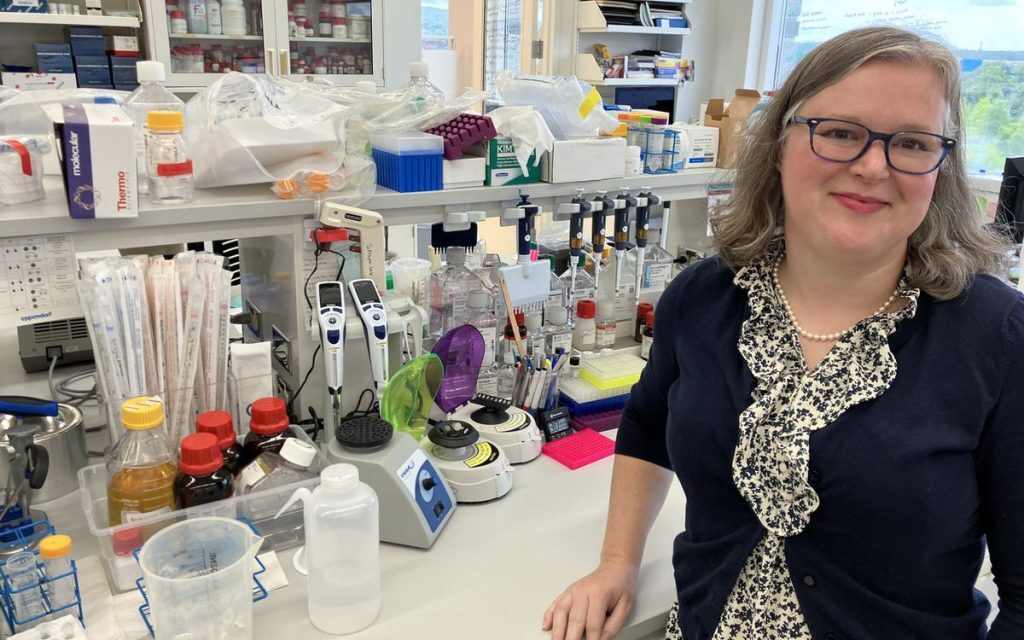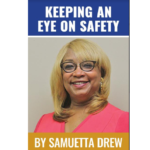By Lee Roop
Scientists in Alabama have identified a gene they say could be used to reverse pancreatic cancer’s resistance to chemotherapy, an advance that would bring a powerful weapon to the fight against one of cancer’s deadliest forms.
Cancer is second behind heart disease as a cause of death in America and pancreatic cancer is one of cancer’s hardest forms to treat, researchers say. Pancreatic ductal adenocarcinoma, pancreatic cancer’s full name, has a five-year survival rate of only 11 percent because of the difficulty diagnosing it and a “high rate of treatment resistance,” say scientists at the HudsonAlpha Institute for Biotechnology in Huntsville
HudsonAlpha Faculty Investigator Dr. Sara Cooper and her lab focus “on identifying novel targets to prevent cancer chemoresistance” in pancreatic cancer. The lab recently published results in the journal BMC cancer from a promising study led by senior scientist Dr. Emily Gordon.
Cooper and her HudsonAlpha colleagues had already linked the high presence of the gene ANGPTL4to poor patient survival. But when cells in the gene are “knocked down” or slowed in their rate of reproduction, Cooper said they become more sensitive to a common treatment for pancreatic cancer.
The researchers used CRISPR, a tool that lets scientists “edit” gene pairs to slow the reproduction of the DNA segments linked to the cancer. “It also reduced ability of the cancer cells to migrate elsewhere,” HudsonAlpha said in a press release.
Using CRISPR to knock down ANGPTL4 “downstream … in cell lines” can also reverse resistance to chemotherapy, the researchers said.
The data supports using the gene as potential drug targets. That could “aid in developing much-needed treatments for pancreatic cancer,” Cooper said.











